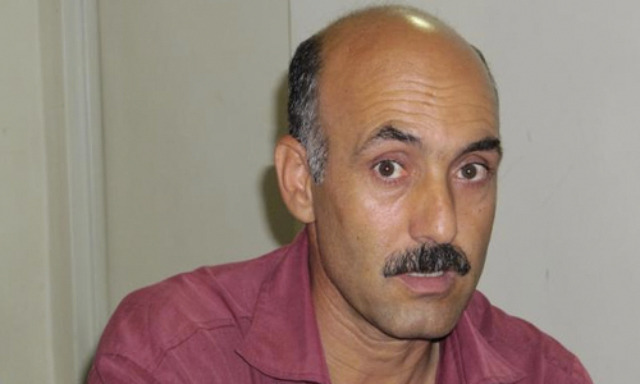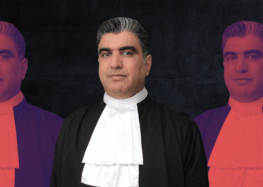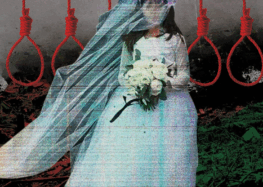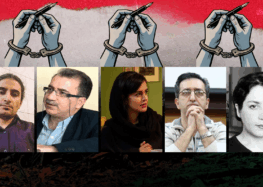Teacher’s Rights Champion Beaten and Slapped with New Charge after He Attempts to Visit Political Prisoner

A little over a week after teachers’ rights activist Rassoul Bodaghi was conditionally released from prison on April 29, 2016, he was charged with “insulting the supreme leader” and now faces up to three more years in jail.
“Bodaghi had gone to the hospital to visit [current political prisoner] Mahmoud Beheshti Langroudi [on May 8, 2016], but the soldiers would not let him, and when he protested, the soldiers severely beat him and took him into custody,” a source told the International Campaign for Human Rights in Iran. “Now they have charged him [with a political crime] in order to whitewash the beating.”
Bodaghi is being targeted by the judicial authorities who want to put the labor rights activist back in jail, added the source.
The charge was announced after Bodaghi was beaten and detained for three days after he tried to visit his former cellmate Mahmoud Beheshti Langroudi, a teacher’s union activist, in the hospital on May 8, 2016. Beheshti Langroudi had been admitted to Imam Khomeini Hospital in Tehran due to serious health complications resulting from a 22-day hunger strike.
Bodaghi has been summoned to appear at Branch 1033 of the Criminal Court in Tehran on July 23, 2016. If found guilty, the 50-year-old former board member of the Iranian Teachers Association could be sentenced to up to three years in prison.
At the time of his release, Bodaghi’s lawyer, Peyman Haj-Mahmoud Attar, expressed hope that the Islamic Republic would show more tolerance towards teachers’ rights and other labor rights-focused activists.
“These activists haven’t committed any crimes. None of the accusations leveled against them are true. All they have tried to do is improve the welfare of their colleagues,” he told the Campaign on May 4, 2016.
A former high school teacher from the city of Eslamshahr in Tehran Province, Bodaghi was first arrested on September 2, 2009. He was sentenced to six years in prison and banned from social activities for five years by Judge Abolqasem Salavati of Branch 15 of the Revolutionary Court on August 3, 2010 for “assembly with the intent to disrupt national security” and “propaganda against the state.”
Teachers have engaged in numerous peaceful gatherings, protests, and strikes over the past several years to bring attention to the imprisonment of their labor leaders and salaries that are below the official poverty level in Iran.
Independent unions are not permitted to function in the Islamic Republic, and labor leaders face swift prosecution and long prison sentences.






